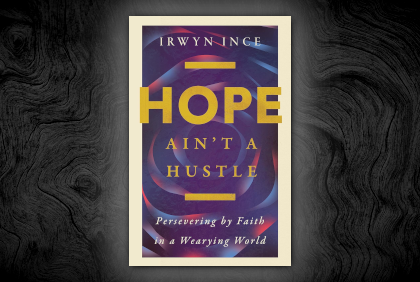Dear and Sacred
 Excerpt form Oliver Wendell Holmes’ 1884 Memorial Day Speech
Excerpt form Oliver Wendell Holmes’ 1884 Memorial Day Speech
(Keenee, New Hampshire)
Not long ago I heard a young man ask why people still kept up Memorial Day, and it set me thinking of the answer. Not the answer that you and I should give to each other-not the expression of those feelings that, so long as you live, will make this day sacred to memories of love and grief and heroic youth—but an answer which should command the assent of those who do not share our memories, and in which we of the North and our brethren of the South could join in perfect accord.
So far as this last is concerned, to be sure, there is no trouble. The soldiers who were doing their best to kill one another felt less of personal hostility, I am very certain, than some who were not imperiled by their mutual endeavors. I have heard more than one of those who had been gallant and distinguished officers on the Confederate side say that they had had no such feeling. I know that I and those whom I knew best had not. We believed that it was most desirable that the North should win; we believed in the principle that the Union is indissoluble; we, or many of us at least, also believed that the conflict was inevitable, and that slavery had lasted long enough. But we equally believed that those who stood against us held just as sacred convictions that were the opposite of ours, and we respected them as every men with a heart must respect those who give all for their belief. The experience of battle soon taught its lesson even to those who came into the field more bitterly disposed. You could not stand up day after day in those indecisive contests where overwhelming victory was impossible because neither side would run as they ought when beaten, without getting at least something of the same brotherhood for the enemy that the north pole of a magnet has for the south—each working in an opposite sense to the other, but each unable to get along without the other. As it was then , it is now. The soldiers of the war need no explanations; they can join in commemorating a soldier’s death with feelings not different in kind, whether he fell toward them or by their side.
But Memorial Day may and ought to have a meaning also for those who do not share our memories. When men have instinctively agreed to celebrate an anniversary, it will be found that there is some thought of feeling behind it which is too large to be dependent upon associations alone. The Fourth of July, for instance, has still its serious aspect, although we no longer should think of rejoicing like children that we have escaped from an outgrown control, although we have achieved not only our national but our moral independence and know it far too profoundly to make a talk about it, and although an Englishman can join in the celebration without a scruple. For, stripped of the temporary associations which gives rise to it, it is now the moment when by common consent we pause to become conscious of our national life and to rejoice in it, to recall what our country has done for each of us, and to ask ourselves what we can do for the country in return.
So to the indifferent inquirer who asks why Memorial Day is still kept up we may answer, it celebrates and solemnly reaffirms from year to year a national act of enthusiasm and faith. It embodies in the most impressive form our belief that to act with enthusiasm and faith is the condition of acting greatly. To fight out a war, you must believe something and want something with all your might. So must you do to carry anything else to an end worth reaching. More than that, you must be willing to commit yourself to a course, perhaps a long and hard one, without being able to foresee exactly where you will come out. All that is required of you is that you should go somewhither as hard as ever you can. The rest belongs to fate. One may fall-at the beginning of the charge or at the top of the earthworks; but in no other way can he reach the rewards of victory.
When it was felt so deeply as it was on both sides that a man ought to take part in the war unless some conscientious scruple or strong practical reason made it impossible, was that feeling simply the requirement of a local majority that their neighbors should agree with them? I think not: I think the feeling was right-in the South as in the North. I think that, as life is action and passion, it is required of a man that he should share the passion and action of his time at peril of being judged not to have lived.
If this be so, the use of this day is obvious. It is true that I cannot argue a man into a desire. If he says to me, Why should I seek to know the secrets of philosophy? Why seek to decipher the hidden laws of creation that are graven upon the tablets of the rocks, or to unravel the history of civilization that is woven in the tissue of our jurisprudence, or to do any great work, either of speculation or of practical affairs? I cannot answer him; or at least my answer is as little worth making for any effect it will have upon his wishes if he asked why I should eat this, or drink that. You must begin by wanting to. But although desire cannot be imparted by argument, it can be by contagion. Feeling begets feeling, and great feeling begets great feeling. We can hardly share the emotions that make this day to us the most sacred day of the year, and embody them in ceremonial pomp, without in some degree imparting them to those who come after us. I believe from the bottom of my heart that our memorial halls and statues and tablets, the tattered flags of our regiments gathered in the Statehouses, are worth more to our young men by way of chastening and inspiration than the monuments of another hundred years of peaceful life could be.
But even if I am wrong, even if those who come after us are to forget all that we hold dear, and the future is to teach and kindle its children in ways as yet unrevealed, it is enough for us that this day is dear and sacred.
(Special thanks to people.virginia.edu)

Discussion